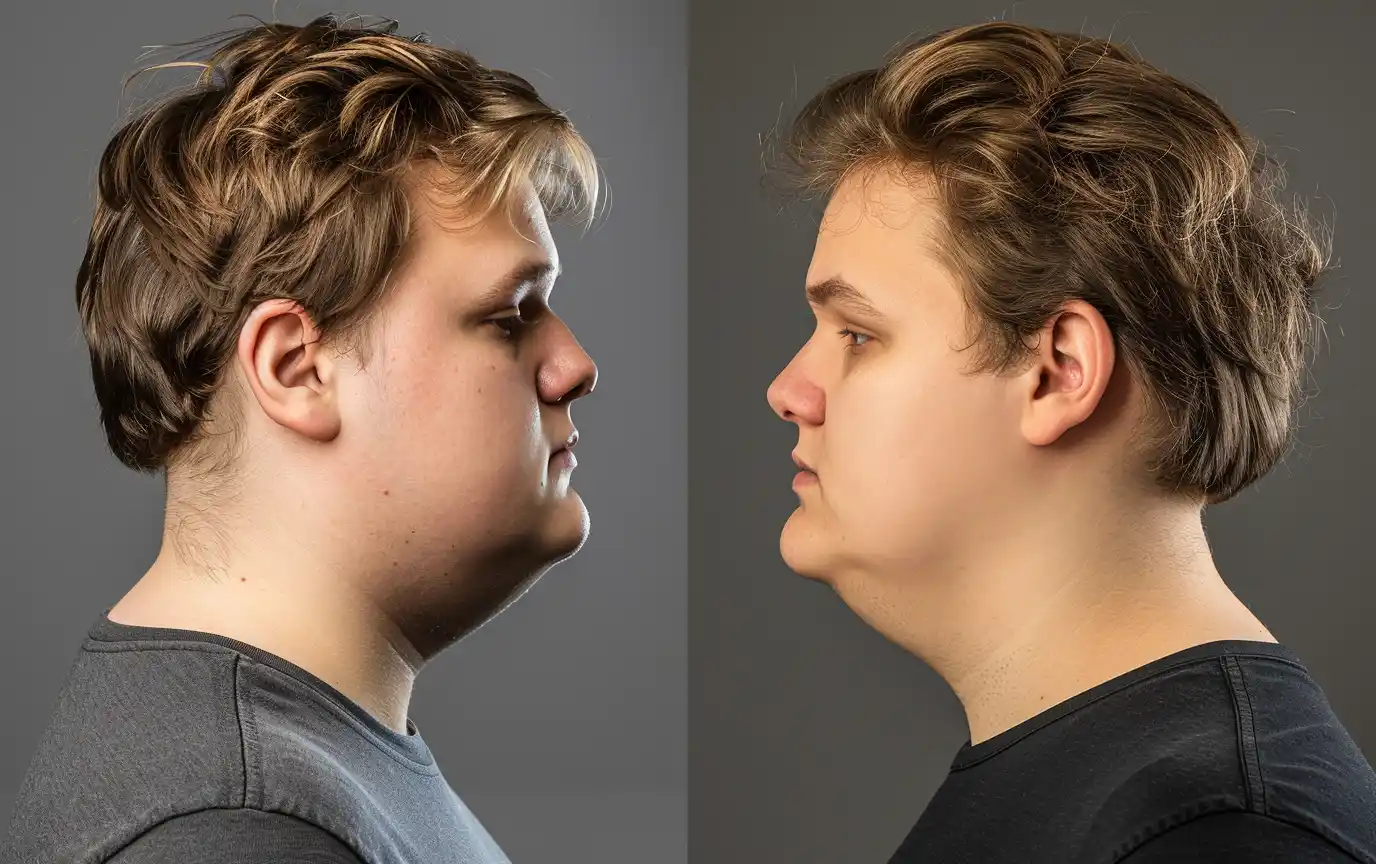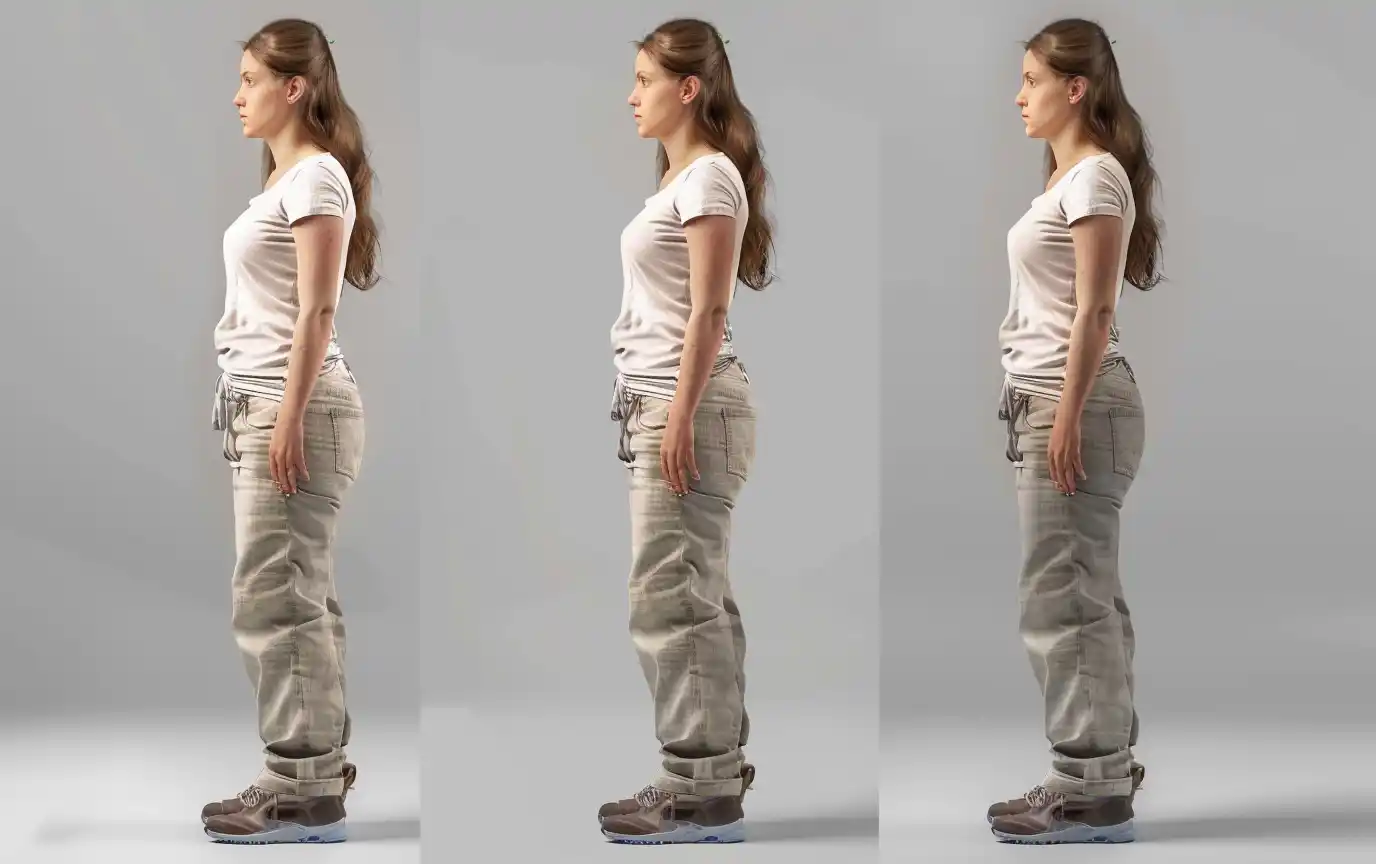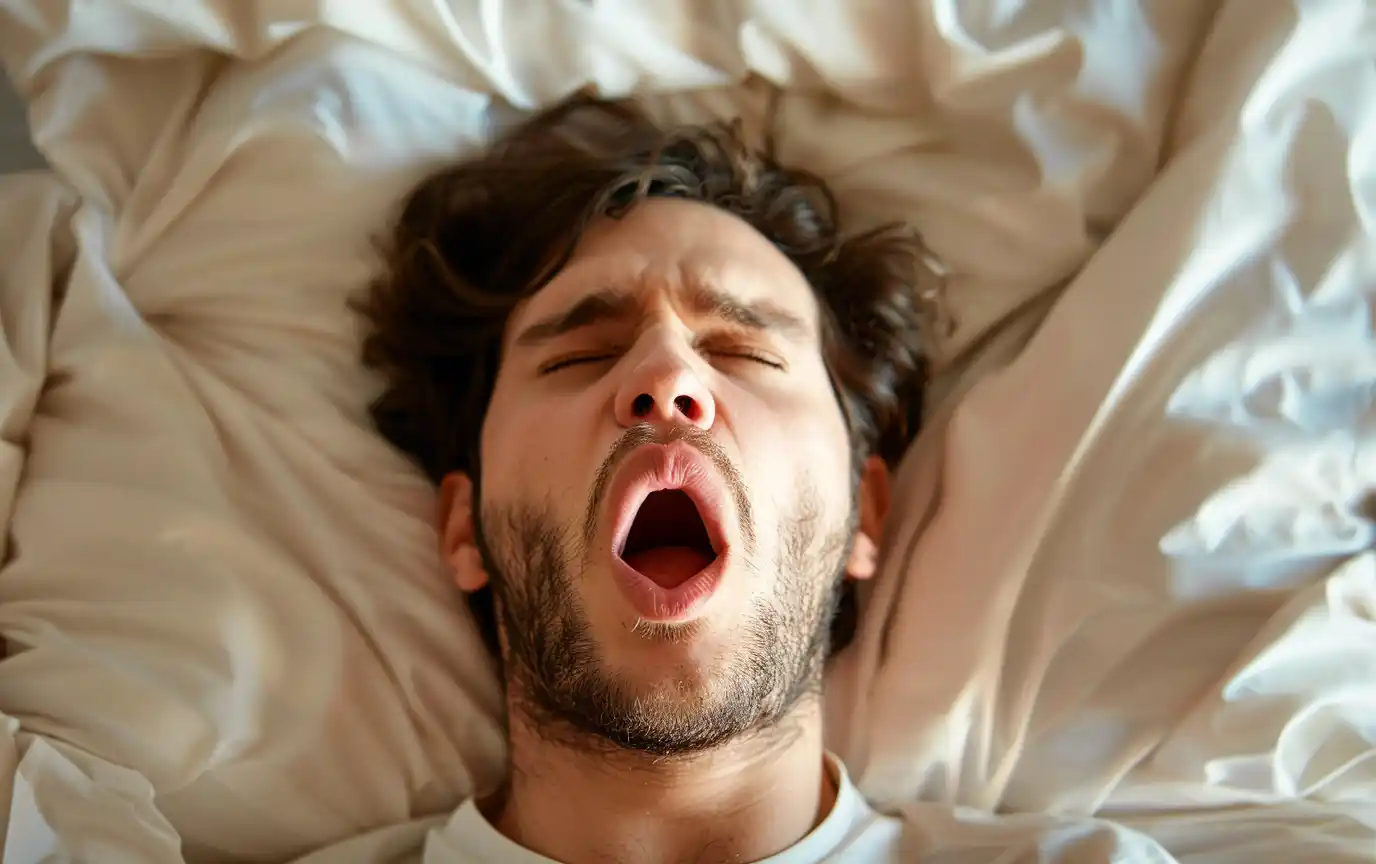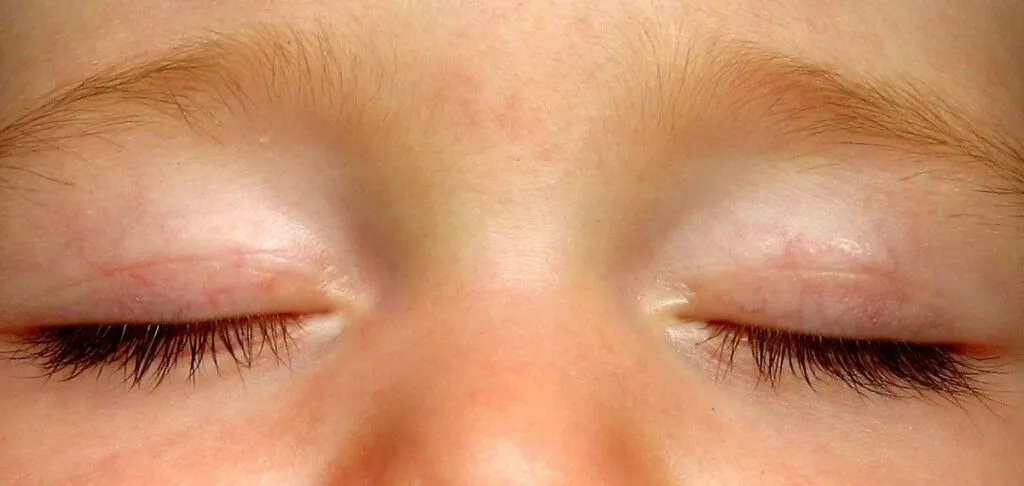

Are you one of the millions of people struggling with obesity and sleep apnea?
You’re not alone.
According to the National Sleep Foundation, an estimated over a hundred million people suffer from sleep apnea, with many more cases going undiagnosed.
But now, there’s hope on the horizon in the form of Eli Lilly‘s groundbreaking new drug, Zepbound!

The Obesity Epidemic and Its Impact on Sleep
Obesity has become a major public health crisis, with the Center for Disease Control reporting that over 42% of adults are obese.
This excess weight can lead to a host of health problems, including sleep apnea, a condition characterized by repeated episodes of stopped breathing during sleep.
Dr. Eric Landsness, a sleep medicine researcher at Washington University in St. Louis, explains the connection between obesity and sleep apnea:
“Many people with obesity have fat deposits in the tongue and back of the throat.
As the neck gets larger with fat, it narrows the airway, and the tongue expands in all directions, like blowing up a balloon.
During sleep, the enlarged tongue obstructs the flow of oxygen, repeatedly waking the person.”

Zepbound: A Revolutionary Solution
Enter Zepbound, also known as tirzepatide, an innovative obesity drug developed by pharmaceutical giant Eli Lilly.
This medication, part of the same class of drugs as Novo Nordisk’s Wegovy, has shown remarkable results in recent clinical trials.
The clinical trials have not yet been officially published. Eli Lilly has released preliminary information, and the results are very interesting.
In a pair of yearlong studies, Zepbound provided significant relief to overweight or obese individuals suffering from moderate to severe obstructive sleep apnea (OSA).

Participants who took Zepbound lost an impressive 20 percent of their body weight on average and experienced a dramatic reduction in sleep apnea episodes.
Dr. Daniel M. Skovronsky, Eli Lilly’s chief scientific officer, attributes these results to the reduction of fat deposits in the tongue and airway.
“In a study, people with sleep apnea who were randomly assigned to take the weight-loss drug Zepbound had an average of about 30 fewer apnea episodes per hour,” he states.

A Game-Changer for Sleep Apnea Treatment
Current treatments for sleep apnea, such as continuous positive airway pressure (CPAP) machines, often only address the symptoms of the condition.
Zepbound, on the other hand, targets the underlying cause: blockages in the airway caused by excess fat deposits.
Dr. Henry Klar Yaggi, director of the Yale Centers for Sleep Medicine in New Haven, Conn., is optimistic about Zepbound’s potential.
“That’s awesome,” he says of the clinical trial results.
“The most common treatment, a CPAP machine that forces air into the airway, keeping it open during sleep, is effective.
About 60 percent of patients who use continuous positive airway pressure continue to use it.”
However, not everyone can tolerate or is willing to use CPAP machines.
Dr. Landsness suggests that Zepbound “is a great alternative for people who are obese and can’t use CPAP or are on CPAP and want to improve the effect.”

The Potential Impact on Public Health
The results of the Zepbound clinical trials could offer a new treatment option for the estimated 20 million Americans diagnosed with moderate to severe obstructive sleep apnea.
Marishka Brown, director of the federally funded National Center on Sleep Disorders Research, notes that “it had been difficult to know how much of an effect weight loss would have on people with sleep apnea” before the advent of drugs like Zepbound.

With the new results, researchers say that the cautious stance on weight loss as an effective treatment for sleep apnea may change.
This could have significant implications for public health, as sleep apnea is associated with an increased risk of high blood pressure, heart disease, diabetes, strokes, and dementia.

Accessibility and Insurance Coverage
While Zepbound has been approved by the FDA for weight loss in people with obesity or those with a body mass index of at least 27 and obesity-related medical conditions, insurance companies do not always cover the drug for this purpose.
The list price for Zepbound is about $1,000 a month, although insurers pay much less, and Eli Lilly sells the drug to people without insurance for $550 a month.
Eli Lilly plans to submit an application to the FDA and other drug regulatory agencies worldwide, requesting approval for Zepbound as a treatment for reducing sleep apnea in people with obesity or who are overweight.
Dr. Skovronsky states, “The goal is for insurance to cover it.”
Zepbound has yet to be approved in our CIS markets as Belarus, Russia, Ukraine and Eurasia.
The product is starting to become “unofficially available” but this creates quality control problems as the products are not imported legally. The prices are also not very attractive, to say the least.
Hopefully the product will be registered shortly. Usually prices are less expensive in Europe than the USA, so Zepbound may be a real option for many people.

A New Era in Weight Loss and Sleep Quality
Zepbound represents a significant breakthrough in the treatment of obesity and sleep apnea.
By targeting the root cause of OSA and promoting substantial weight loss, this miracle drug offers hope to millions of people struggling with these conditions.
If you’re ready to take control of your weight and finally get the restful sleep you deserve, talk to your doctor about Zepbound – the revolutionary drug that’s ushering in a new era of improved health and quality of life.




